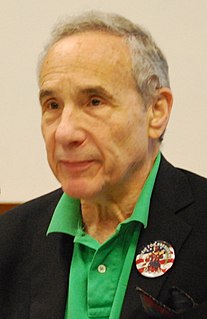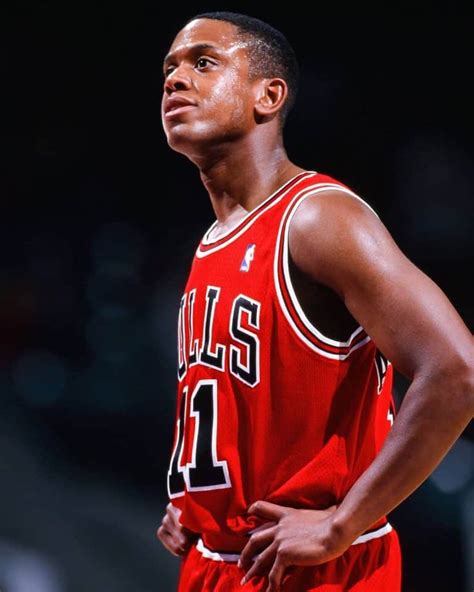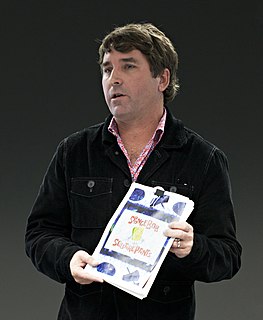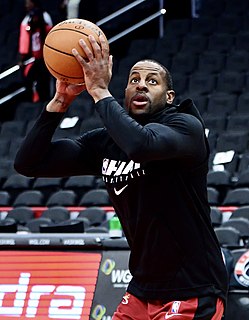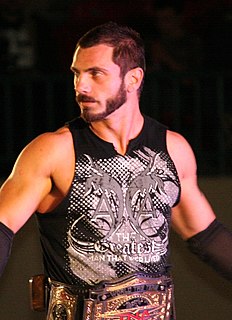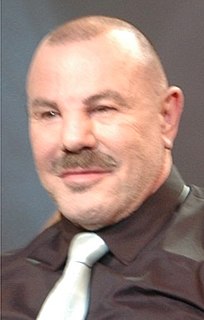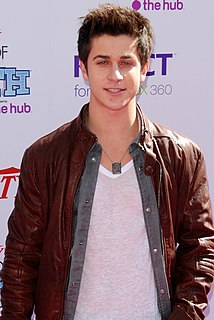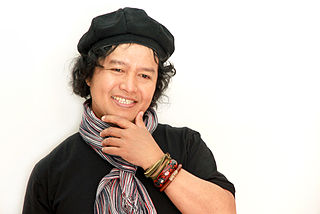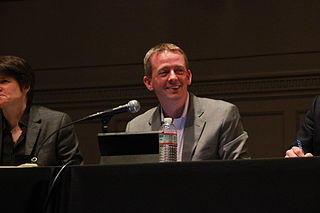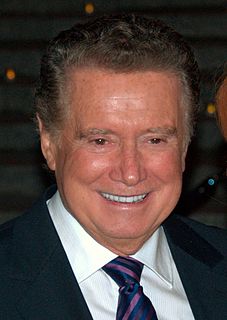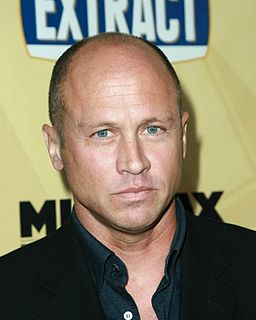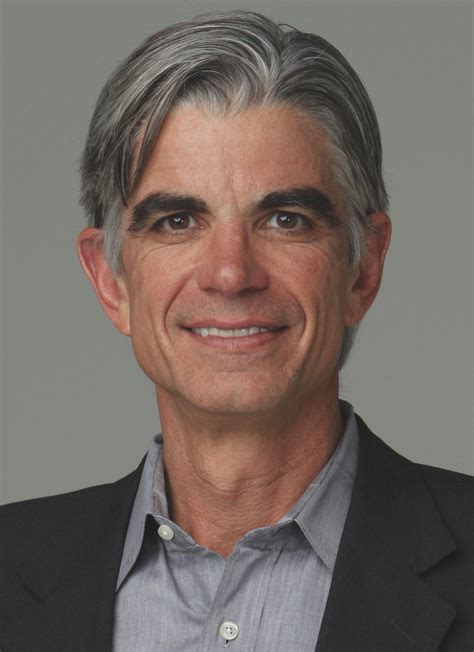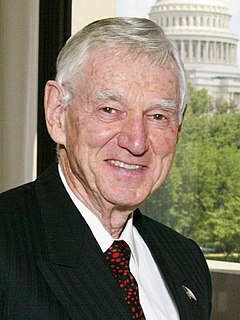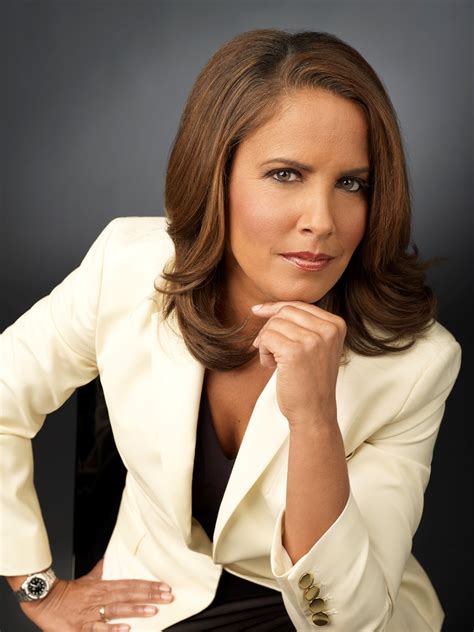Top 1200 Fast Food Quotes & Sayings
Explore popular Fast Food quotes.
Last updated on December 21, 2024.
Eric Schlosser's book on the economy and strategies of the fast-food business should be read by anyone who likes to take their children to fast-food restaurants. I shall certainly never do that again. He employs a long, cold burn, a quiet and impassioned accumulation of detail, with calm, wit and clarity. (...) Fast Food Nation is witness to the rigour and seriousness of the best American journalism, readable, reliable and extremely carefully done.
One of the problems is that the US government supports unhealthy food and does very little to support healthy food. I mean, we subsidize high fructose corn syrup. We subsidize hydrogenated corn oil. We do not subsidize organic food. We subsidize four crops that are the building blocks of fast food. And you also have to work on access. We have food deserts in our cities. We know that the distance you live from a supplier of fresh produce is one of the best predictors of your health.
To a very great extent, it's the fast-food industry that really industrialized our agriculture - that drove the system to one variety of chicken grown very quickly in confinement, to the feedlot system for beef, to giant monocultures to grow potatoes. All of those thing flow from the desire of fast-food companies for a perfectly consistent product.
I didn't have money to eat when I was 21. When I was short on cash, I would sometimes scam food from fast food places. I'd go into fast food chains and pretend I was from a movie studio, tell them they didn't send us the right order and demand they fix it. I've tried to make that right whenever I could.
I think Americas food culture is embedded in fast-food culture. And the real question that we have is: How are we going to teach slow-food values in a fast-food world? Of course, its very, very difficult to do, especially when children have grown up eating fast food and the values that go with that.
Fast food may appear to be cheap food and, in the literal sense it often is, but that is because huge social and environmental costs are being excluded from the calculations. Any analysis of the real cost would have to look at such things as the rise in food-borne illnesses, the advent of new pathogens, antibiotic resistance from the overuse of drugs in animal feed, extensive water pollution from intensive agricultural systems and many other factors. These costs are not reflected in the price of fast food.
Most fast-food workers can't easily join a union, because they don't work directly for their parent company, such as McDonald's or Subway. Instead, they work for individual franchise owners, ensuring that each individual fast-food outlet would have to organize and win union recognition separately. So there's not one central employer to bargain with, as in a traditional union campaign.
I actually saw a kid and went home and drew him. I don't even know who he was. I was buying a TV set in Circuit City. I was looking at this kid and he was kind of standing there, staring off into space. Kids are pretty chubby nowadays because of all the fast-food places. I grew up eating fast food but now everything is double beef and double cheese. So there are a lot of these chubby boys with long, baggy shorts.
In 1970, Americans spent about $6 billion on fast food; in 2000, they spent more than $110 billion. Americans now spend more money on fast food than on higher education, personal computers, computer software, or new cars. They spend more on fast food than on movies, books, magazines, newspapers, videos, and recorded music—combined.
Those of us who think about what we eat, how it's grown, those of us who care about the environmental impact of food - we've been educated by fabulous books, like Fast Food Nation and documentaries like Food Inc. But despite these and other great projects that shine a critical light on the topic, every year the food industry spends literally tens of millions of dollars to shape the public conversation about our food system.
I think America's food culture is embedded in fast-food culture. And the real question that we have is: How are we going to teach slow-food values in a fast-food world? Of course, it's very, very difficult to do, especially when children have grown up eating fast food and the values that go with that.
I think food trucks are the new answer to American fast food. The idea of raising two or three million dollars and going through red tape to open a restaurant, there's lots of barriers to success. There's a really easy jumping place for food trucks. It's very hip and acceptable for new chefs to open a food truck first.

